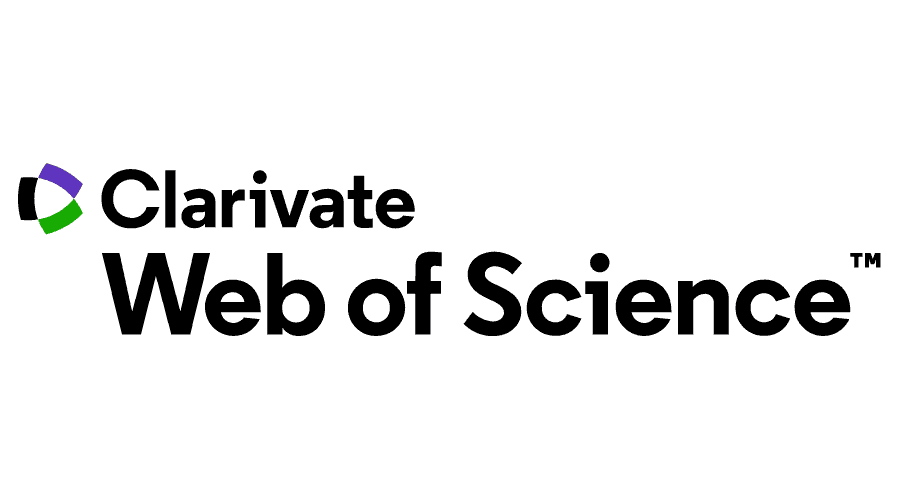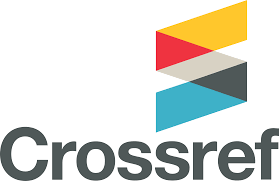Abstract
The adoption of innovative information systems (IS) by small-and medium-sized enterprises (SMEs) across heterogeneous culture, locales, and markets are a critical and an ongoing challenge. Such challenge requires more than just good ideas and extensive resources. It requires organisational capabilities that can be labelled as “enacted capabilities”. This study defines enacted capabilities as the firm’s ability to mobilise and deploy IS-based resources in combination or co-present with other capabilities within SMEs. Consequently, the aim of this study is to make a contribution by empirically examining the enacted capabilities of SMEs in developing countries that may influence the success of innovative IS adoption. In line with this objective, an innovative IS adoption behaviour investigation is conducted particularly as to why some SMEs are able to be enabled for use and utilise innovative IS, while others fail to do so. A survey of 206 of the CEOs/owners from Malaysian SMEs was con-ducted. The innovative IS examined was the government’s electronic procure-ment systems. The findings are consistent with the notion that all SMEs have enacted capabilities. Some SMEs integrate and coordinate them in a different way, depending on the context of each organisation. The findings also indicate that strong enacted capabilities and perceived net benefits affect the SMEs’ ability to perform or assimilate IS related strategic change.
Recommended Citation
Mohd Salleh, Noor Akma
(2007)
"Adoption of Innovative Information Systems by SMEs: Comparing The Role of Firm’s Enacted Capabilities of Active Adopters and Non-Active Adopters,"
The South East Asian Journal of Management: Vol. 1:
No.
2, Article 3.
DOI: 10.21002/seam.v1i2.1789
Available at:
https://scholarhub.ui.ac.id/seam/vol1/iss2/3
Included in
Management Information Systems Commons, Management Sciences and Quantitative Methods Commons











